
24 Oct 2007

Draussen bleiben
No overview found
Go with Armin and the blue garbage can through Munich and discover what happens to the garbage: Let us show you how 365 cans fit into just 16 water bottles. See how new paper is made from an old newspaper. Watch how waste from the organic waste garbage can is turned back into potting soil.
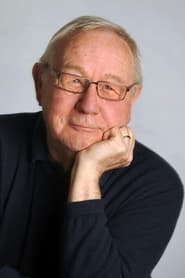
Armin Maiwald

24 Oct 2007

No overview found
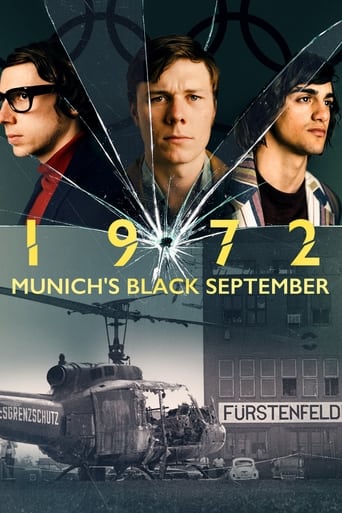
04 Sep 2022

Explore the tragic truth about the massacre at the 1972 Olympic Games in Germany. Through interviews with key people such as the families of slain Olympians, German investigators and an anonymous perpetrator.
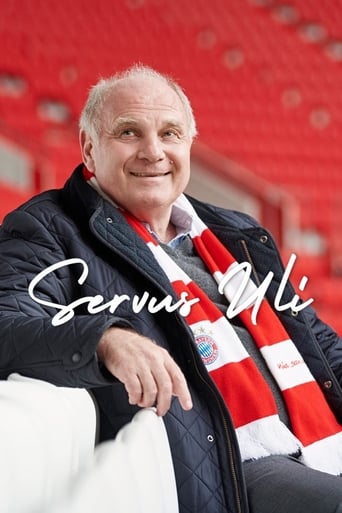
13 Nov 2019

"Servus", he said after 49 years as a leading personality at FC Bayern München. Whether as player, manager or president, he played a major role in making FC Bayern the most successful German football club ever. Now, after countless athletical and personal ups and downs, Uli Hoeneß is retiring in late 2019.

12 Aug 1998

Megacities is a documentary about the slums of five different metropolitan cities.

14 Feb 2008

Documentary about filmmakers of the New German Cinema who were members of the legendary Filmverlag für Autoren (Film Publishing House for Authors). Among them are Werner Herzog, Rainer Werner Fassbinder, and Wim Wenders.
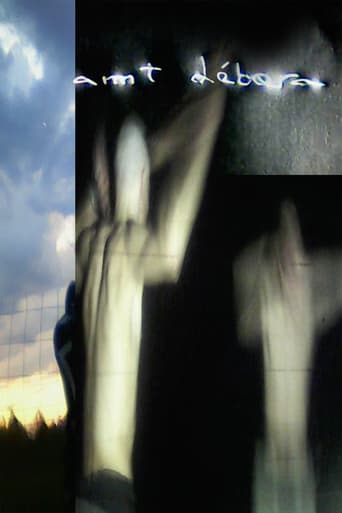

The twin brothers who invented the "dab" tell their story.

01 Jan 2001

Documentary about the messie Günther Hilmer, in whose house the garbage is piled up to the ceiling. For him, trash is more of a passion than a vice, but his particular penchant for garbage has negative consequences for his social life.
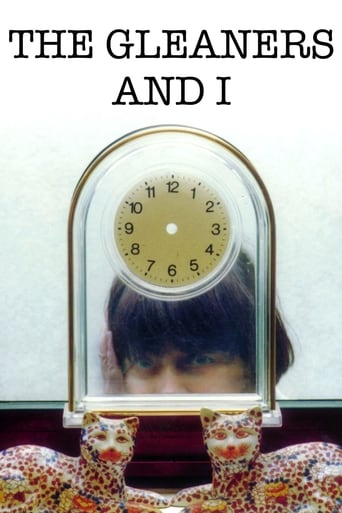
07 Jul 2000

Varda focuses her eye on gleaners: those who scour already-reaped fields for the odd potato or turnip. Her investigation leads from forgotten corners of the French countryside to off-hours at the green markets of Paris, following those who insist on finding a use for that which society has cast off, whether out of necessity or activism.
01 Jan 2004
Documentary about the Maximilianstraße in Munich.
18 Sep 2014
Documentary about Kurt Landauer, the long-time Jewish president of FC Bayern München, who led the club to its first German championship, was persecuted and forced out of office by the Nazis, and rebuilt the club after the war.

24 Oct 2022

A film about our garbage that is found in the most remote areas and about the people who try to dispose of it. Not only in the sea and on coasts, also in the Arctic, the jungle, high up on the mountains and deep inside the desert, garbage is found almost everywhere in various forms and dimensions, sometimes as whole car wrecks, old TV sets or simply construction rubble, but mostly in the form of disintegrated plastic particles a few millimetres in size. Humanity has handed out its visiting cards thoroughly.
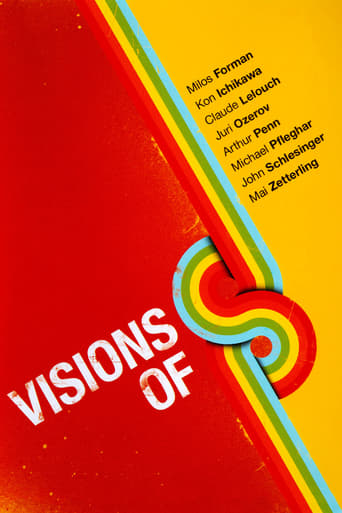
06 Oct 1973

Eight acclaimed filmmakers bring their unique and differing perspectives to the 1972 Summer Olympic Games held in Munich. The segments include Lelouch's take on Olympic losers and their struggle to remain dignified even in the face of bitter disappointment and defeat; Zetterling's dramatic exploration of the world of weightlifting; and Pfleghar's piece on young Russian gymnast Ludmilla Tourischev's majestic performance on the uneven bars.
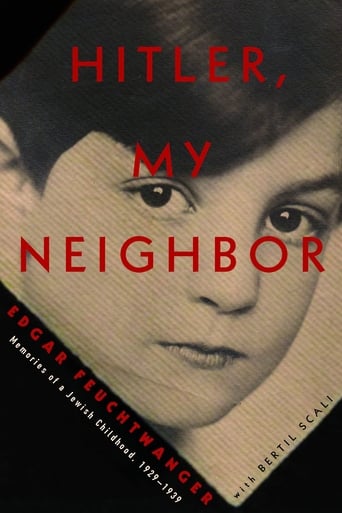
24 Jan 2013

From 1929 to 1939 Edgar Feuchtwanger lived across the street from Adolf Hitler in Munich Germany From his bedroom the young Jewish boy often viewed the Fuumlhrer just across the avenue A schoolboy in Munich at the time Edgar witnessed the rise of Nazism firsthand sharing in the fear and dread felt by all German Jews witnessing the unstoppable ascent of a madman and the start of World War II
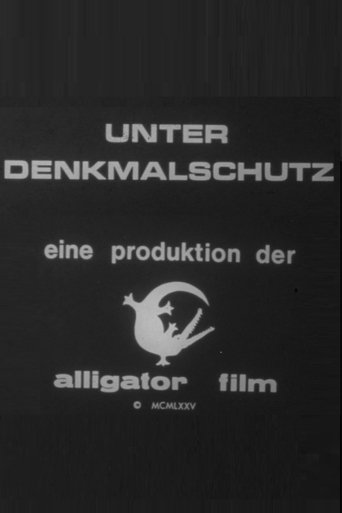
01 Apr 1975

The film was shot in an old, decrepit building where dozens of guest-workers' families live. The owner, a local influential politician, has avoided paying for the maintenance of the building under the legal standards by using his connections to proclaim the building a national cultural heritage. However, the rent he has been charging was as if the building were an object that offered standard comfort. The only German tenant takes the crew around and speaks of his battle against the landlord’s manipulation.
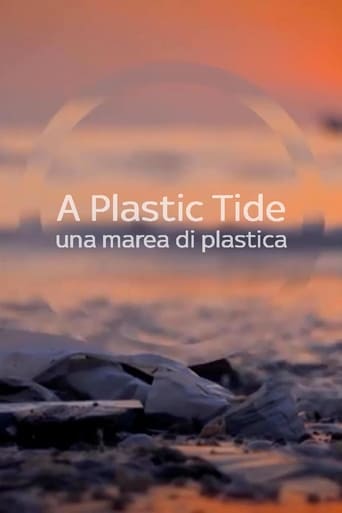
27 Jan 2017

Over eight million tonnes of plastic enters the ocean each year, killing sea life. Now new evidence says it's entering our food chain with unknown health effects.
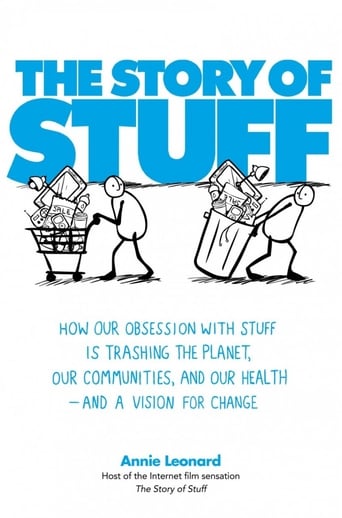
04 Dec 2007

For most of the world, consumption has been the unquestioned duty of every individual. Then garbage activist Annie Leonard brought her two-hour lecture to Free Range who helped her turn it into a 20-minute animated revolution. Shown in thousands of classrooms, endlessly blasted by Fox News, viewed more than 10 million times, The Store of Stuff finally opens the door to a serious cultural dialog about the costs of consumption.
13 Feb 1954
This James A. FitzPatrick Traveltalks short visits the West German cities of Hamburg, Bremen, Munich, and Heidelberg. Included are scenes of World War II destruction that lingered at the time.
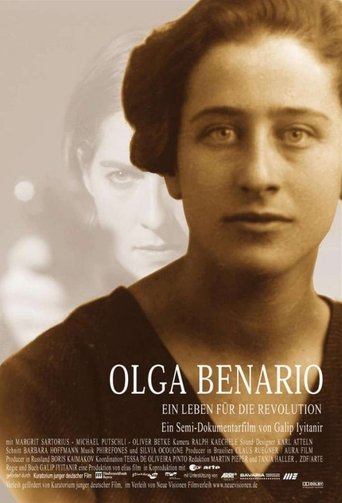
02 Feb 2004

Documentary drama about the revolutionary Olga Benario
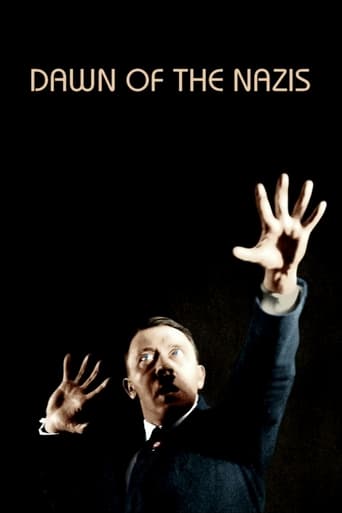
01 Jan 2017

How Germany was when its people entered the nightmare of World War II? Despair and fear lead a hungry population to follow the chilling call of just one man to world domination. A real-life horror story, an ominous tale of violence and deception, which takes place from 1919 to 1934. (Entirely made up of restored, colorized archival footage.)
08 Nov 2004
Franky is a unique street sweeper who cleans his neighborhood in Munich every morning at 4:30. In addition to his work on the streets of Munich, he is also a painter and hobby philosopher.